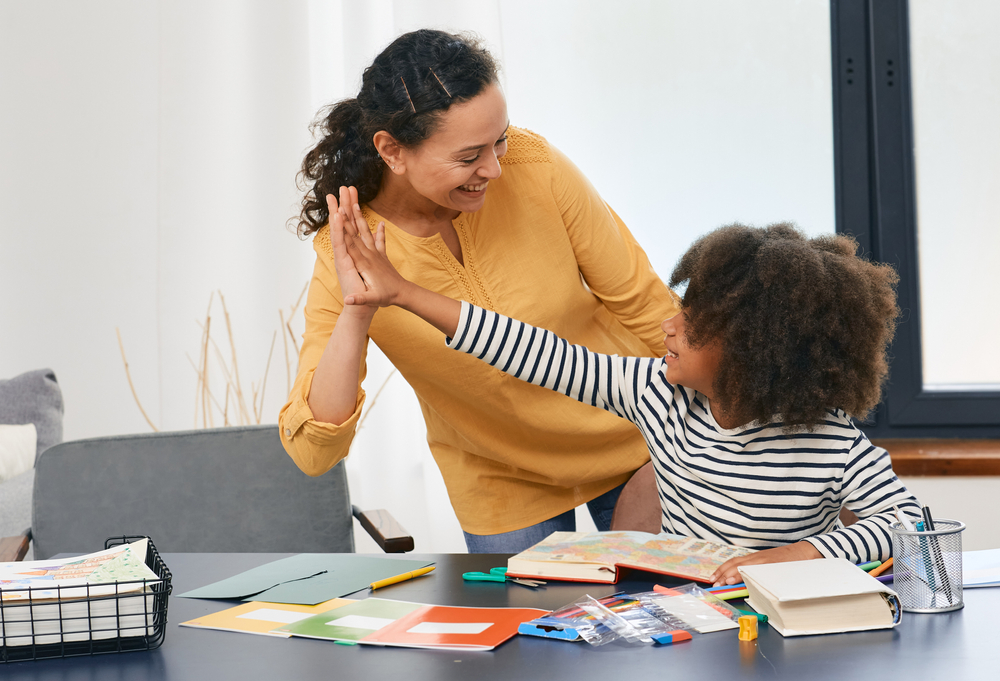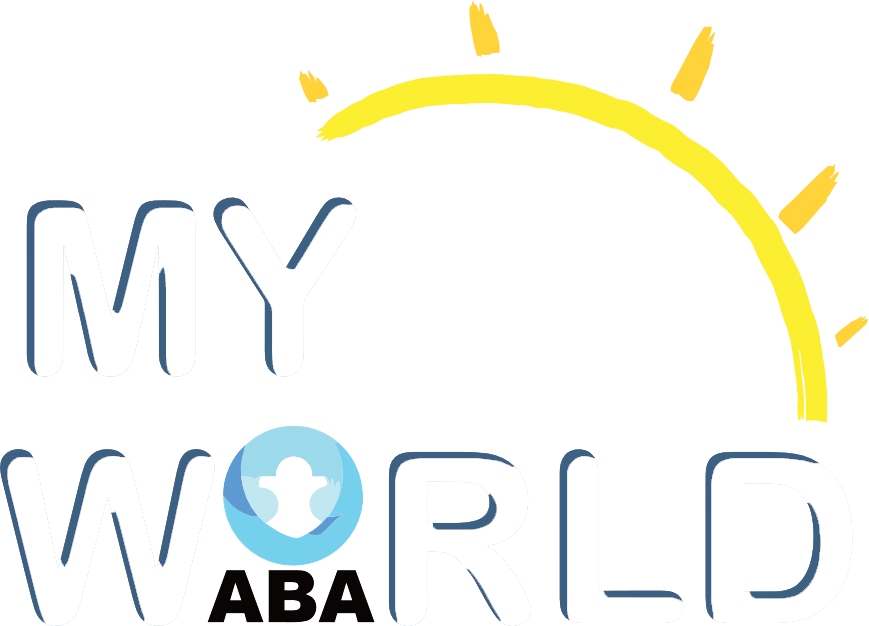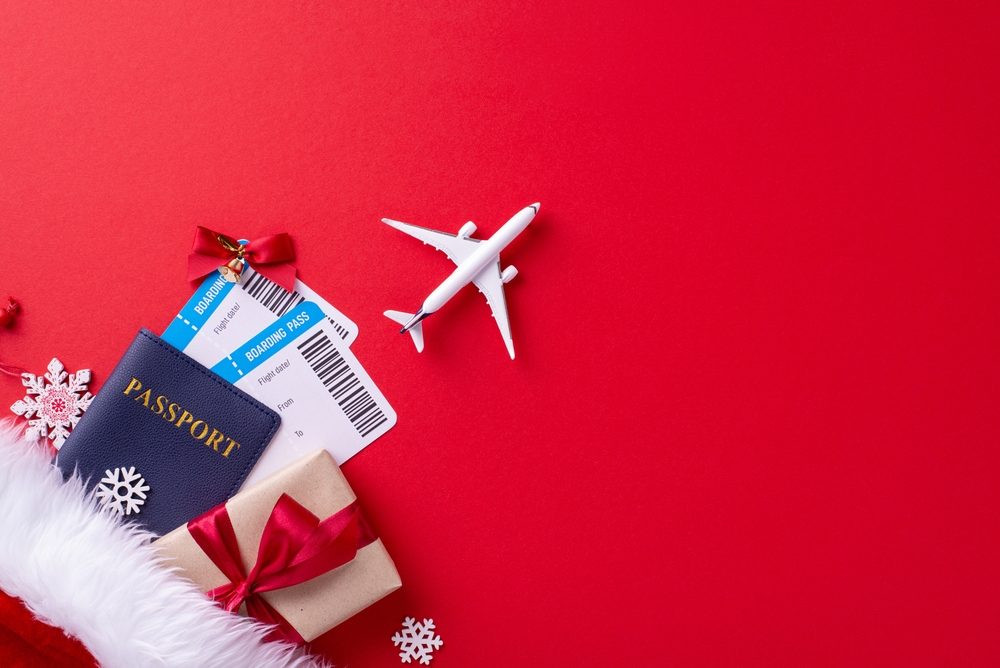The holidays are a time for family connection, laughter, and adventure. But for many families with children on the autism spectrum, travel can bring on extra stress. Changes in routine, new environments, and sensory overload can make even short trips feel overwhelming. The good news? ABA therapy offers proven strategies to ease your family’s holiday season.
At My World ABA, we understand these challenges. Using evidence-based ABA therapy strategies can help make travel more predictable, comfortable, and enjoyable. With thoughtful preparation, your child can not only manage the changes that come with travel but even thrive through the experience.

Plan Ahead With Visual Schedules and Social Stories
Preparation is one of the best ways to reduce uncertainty. Visual supports and social stories give children with autism a roadmap of what to expect before, during, and after travel.
Practical ABA Therapy Travel Tips
- Create a visual schedule using pictures for each step of the trip—packing, driving, waiting, flying, or checking in at a hotel.
- Read social stories about travel experiences together, emphasizing what your child will see, hear, and feel.
- Practice new scenarios ahead of time. Take small outings first—like visiting a nearby airport or packing a small bag—to build familiarity and confidence.
Visual supports help children process transitions more easily and minimize anxiety from surprises. Through Applied Behavior Analysis techniques, parents can reward participation and calm engagement during these practice sessions, reinforcing a positive connection to travel activities.
Stick to Familiar Routines As Much As Possible
Children with autism thrive on predictability. Even while traveling, maintaining elements of your child’s normal routine can provide comfort and reduce stress.
Easy Ways to Keep Routines on Track
- Stick to familiar meal and bedtime times as much as your schedule allows.
- Bring comfort items from home—like a blanket, stuffed animal, or a favorite book.
- Keep meals simple and consistent with familiar foods whenever possible.
If your travel schedule causes changes, use advance notice and simple explanations, paired with visual cues. Predictability supports emotional regulation, while consistency gives your child a sense of security, even in unfamiliar environments.
Break Travel Tasks Into Manageable Steps
Every journey is a series of smaller steps. Breaking travel tasks into manageable actions can make the process easier for your child to follow and reduce sensory and emotional overload.
Step-by-Step Tasks
- Model and explain each step of the process, such as packing, going through security, or boarding the plane.
- Use short, clear instructions rather than long explanations. For example: “Shoes off now, please!” instead of “We have to take our shoes off before going through security.”
- Offer positive reinforcement for each successful step, such as verbal praise, small rewards or treats, or stickers.
- Celebrate every success, no matter how small.
This approach builds confidence, helping your child feel more in control. It also strengthens their ability to manage multi-step processes: a key ABA therapy skill applied to real-world experiences.
Involve Your Child in Trip Planning
Giving your child a voice in planning helps them feel empowered and reduces anxiety about upcoming changes. Here are some ways to include children with autism in trip planning:
- Let them choose a few travel snacks or entertainment options.
- Offer two or three options for stops or outings, allowing them to pick one.
- Create a “packing checklist” that your child can help complete.
By giving choices within structure—a core ABA therapy principle—you help your child gain confidence and control. This approach supports decision-making, flexibility, and participation in shared family planning, which often leads to happier experiences for everyone.

ABA Therapy Strategies for Sensory Challenges
Travel often introduces overwhelming lights, sounds, and crowds. Anticipating sensory challenges can greatly reduce overstimulation for your child.
Sensory-Friendly Travel Ideas
- Pack noise-cancelling headphones to quiet bustling airports or car noise.
- Bring fidget tools, sensory chews, or soft textures for hands-on comfort.
- Plan quiet breaks during layovers or road trips to help your child regulate.
- Choose autism-friendly hotels or attractions when possible—many now offer sensory kits, flexible check-in, or quiet zones.
Supporting your child’s sensory needs with practical accommodations helps them stay calm and connected. Through ABA therapy’s proactive teaching methods, children can also learn how to self-identify triggers and use coping tools more independently over time.
Support Positive Behavior
Consistency is key when reinforcing calm, cooperative behavior during travel. Use strategies your child already responds well to in ABA sessions—so expectations remain clear, no matter where you are. Here are some ideas:
- Praise and reward flexible behavior (like calmly waiting or responding to instructions).
- Use token boards or point systems to track progress throughout the trip.
- Stay patient and positive—even small setbacks are learning moments.
Remember that reinforcement works best when it’s immediate and meaningful. Pair affirmations with physical cues like high-fives or hugs to help your child connect praise with positive emotions.

Model Calm and Confidence
Children often mirror adult emotions, so staying calm yourself can make a big difference. Before big moments—like boarding or long drives—take a deep breath, keep your tone reassuring, and project confidence.
Consider coordinating with your ABA therapist before travel. They can help design a behavior plan that prepares your child for travel stressors or specific transitions. With professional guidance and your consistency at home, you can smooth out even the toughest travel moments.
Begin Your Child’s ABA Therapy Journey at My World ABA
At My World ABA, we’re here to help families thrive every step of the way. Our personalized, compassionate approach equips parents with tools that support both everyday routines and special occasions.
Ready to make this holiday season brighter and less stressful? Work with My World ABA for personalized autism support tailored to your child’s unique needs.




